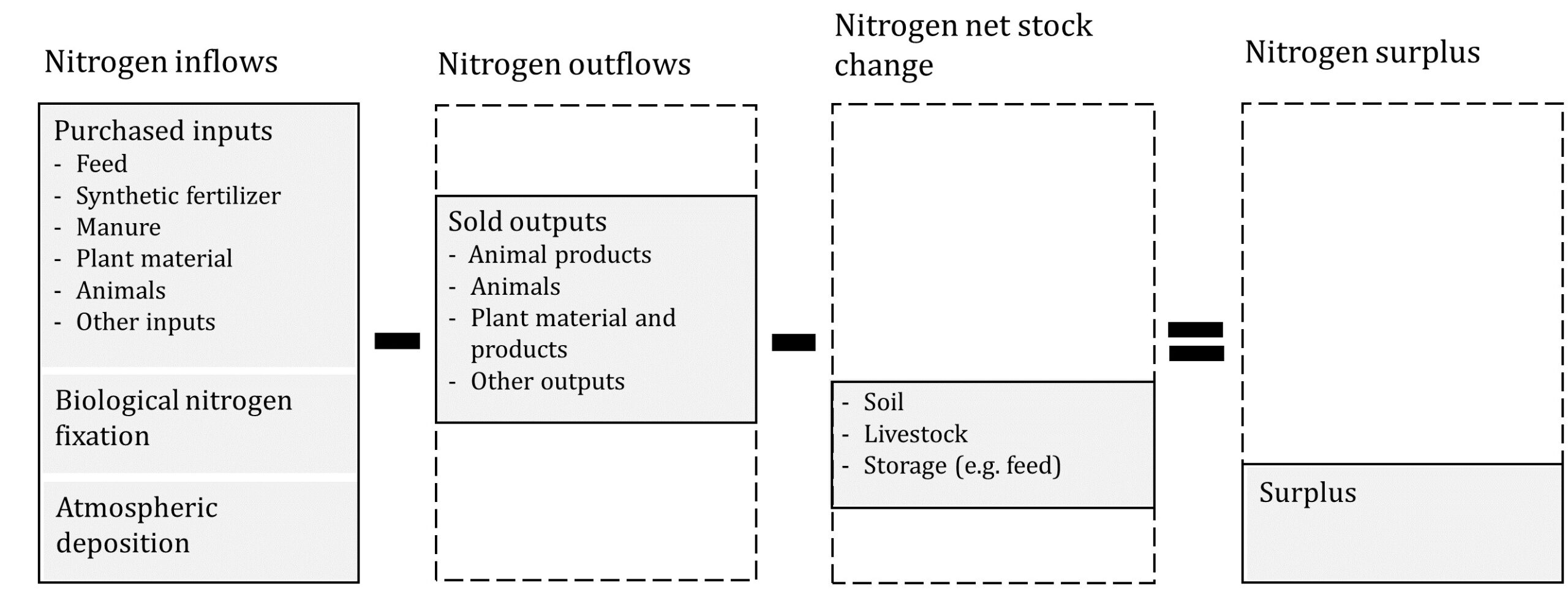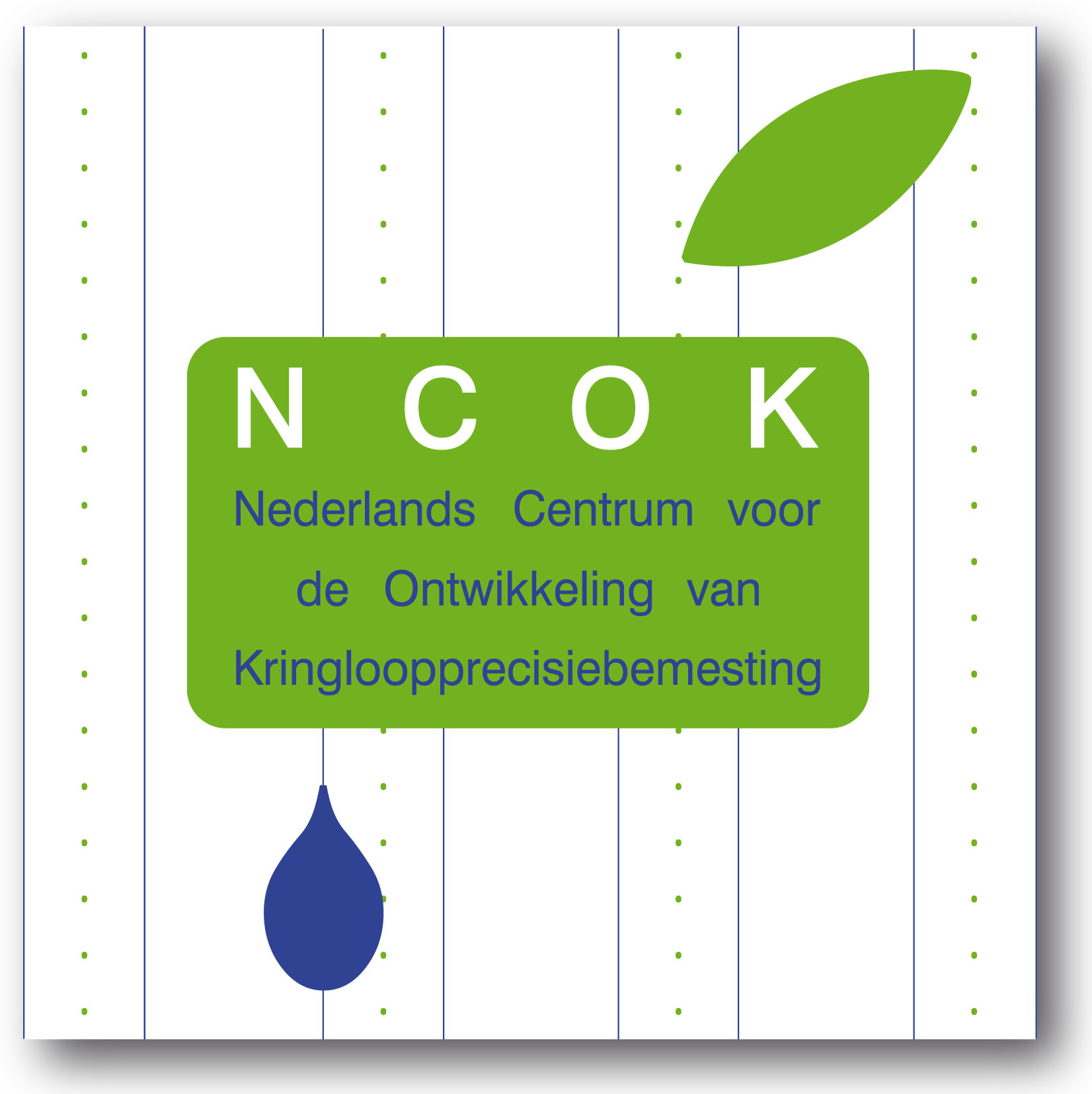News
Now available :
December 4 2024 Ph D Thesis on Integrated dairy_manure_management systems to simultaneously reduce environmantal impact and improve fertilizing value, which shows the effect of Integrated Nutrient Management on emission reduction. The study supports the application of the Accountable Material Balance as policy instrument for promoting emission reduction both inside and outside the stable.
Accountable Material Balance at a glance11 4 2022
WEBINAR The Accountable Material Balance in Short October 8 2021
Final Report on the technical, political and psychologocal aspects of the Accountable Materialbalance April 2021
A report written by three students in the framework the course of Leiden University: Honors- The Circular Economy and Sustainability.
PPT Understanding the Accountable Material Balance Webinar 26 2 2021 Hannah Frederiksen cs LU
Video of the webinar on the AMB feb 26 2021 see minute 8.20 for the presentation of this project : klick here
October 2021 : Lamkowsky et al in 2021 Environ.Res. present a good example on how to draw op the AMB :

Background
The Dutch agro food sector strives to become a complete circular system by 2030, thus providing farmers an usp for their products and a license to produce from society.
The cornerstone of circular farming is the balance between input of nutrients from renewable sources or recycling on the one hand and the output of nutrients in edible products, non edible products and manure on the other hand resulting in agricultural production without any emissions into the environment.
Recently- june 2020- the Dutch government was recommended by an advisory committee on the policies to reduce nitrogen emissions into the atmosphere- the so called Commissie Remkes, named after its chairman- to introduce as fast as possible the Accountable Material Balance (AMB) for arable, dairy, and meat farming operations, irrespective of the scale and nature of these operations, in order to reduce nitrogen emissions effectively through penalizing surpluses and rewarding equilibrium on the AMB. This recommendation received broad support from outside and inside the farming community.
This website reports on study projects on the AMB
NCOK seeks cooperation with universities to offer students the opportunity to study new developments in reduction of emissions by agriculture, such as the upcoming introduction of the Accountable Material Balance in the Netherlands .
The first study is now available.
Final Report on the technical, political and psychologocal aspects of the Accountable Materialbalance April 2021
A report written by three students in the framework the course of Leiden University: Honors- The Circular Economy and Sustainability.Students of Leiden University.
Abstract
The Dutch agricultural industry is responsible for a significant amount of nitrogen emissions, causing large
environmental damage. An accountable material balance (AMB) has been proposed that stimulates farmers
to reduce emissions and use their materials more effectively by using modern technology. This report
analyses the political, technological, and psychological aspects connected to the AMB. Several
recommendations are made based on the obtained results, including providing aid to the farmers and
considering the industries surrounding farming during the transition; investing in both farm- and databased
infrastructure and technologies, and setting up pilot studies that test their efficacy; and seeking the
early and active involvement from farmers throughout the implementation.
Members of the study group on AMB-Nitrogen Dairy Spring 2021 of Leiden University
Below the working party members present themselves. Herre Bartlema of SmartFertilization.org functions as consultant.
 From top to bottom : Hannah, Eva,Pauline and Oscar
From top to bottom : Hannah, Eva,Pauline and Oscar
1 Eva Berger Legal &Political aspects
I am a student of Crisis & Security Management (specializing in terrorism and extremism) at Leiden University and I have a background in International Relations. I am currently finishing up my final semester next to participating in the project, where I will be looking at the political and governmental side of nitrogen reduction. My motivation for the project stems from a great interest in environmental issues and the opportunity to gain practical experience in the field. I also see it as a chance to broaden my horizon when it comes to security issues, as the changing climate and the protection of the environment are increasingly important issues to be addressed.
2 Pauline Dreissig Psychological aspects
I am currently doing my master’s in Clinical Psychology at Leiden University. We are doing this project as part of the honours course “Circular Economy: From Challenge to Opportunity”. Since I come from a rural area in Germany, I was well aware of the conflicts of interest regarding the nitrate crisis. Although I was not familiar with the technical aspects of this issue at first, it interests me to see how my degree in psychology can aid in resolving or mitigating this conflict.
3 Hannah Frederiks Legal &Political aspects
I am currently completing my MSc in International and European Governance at Leiden University. My study examines the relationship between supranational institutions, national, public and private sectors, all aiming to subsist in an expanding worldwide policymaking environment. We learn that there are no tailored solutions to the challenges we face; instead, we hark back to the successes’ and failures told by history. By that token, I echo Sir Baden-Powell’s plea: that we leave this world a little better than how we found it.
Partaking in the pilot study on different aspects of an AMB- Nitrogen for dairy farming acknowledges the urgency of reducing nitrogen emissions. Against the backdrop of the current climate crisis, an encompassing policy that thwarts the consequences of nitrogen emissions is essential. The European Union is one body that can do this. In this pilot study, I aim to investigate the efficacy of its current efforts and its future developments/plan.
4 Oscar van Putten Chemical aspects
I study Chemistry at Leiden University and am working with the Accountable Material Balance as part of a course on Circular Economy. I am focusing on the technological aspects of the material balances, looking at ways to reduce fertilizer use and thus reduce nitrogen emissions while maintaining good yields and profits, as well as accurate methods of measuring nitrogen in- and outputs of a system.
